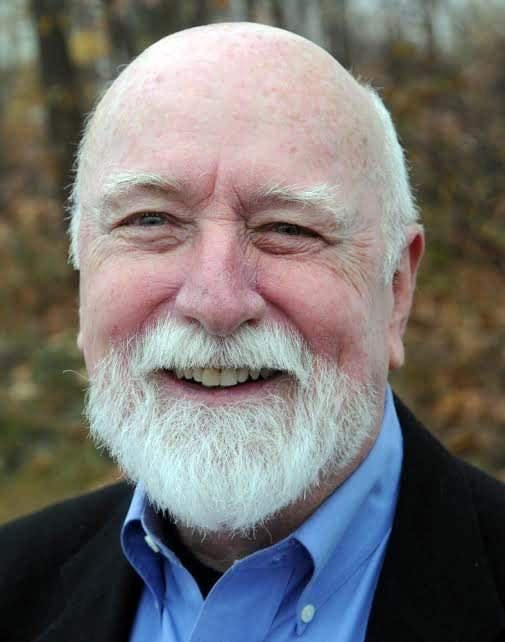The Observer: From apathy to sympathy to empathy
Columbine High School, Red Lake High School, West Nickel Mines Amish School, Virginia Tech, Sandy Hook Elementary, Umpqua Community College, Marjorie Stoneman Douglas High School, Santa Fe High School and Robb Elementary School. These are some of the educational institutions I recall when I think about mass murder in American schools.
Since Columbine (1999) 169 people have died in school shootings in this country.

This does not take into account those killed in churches or synagogues, supermarkets or workplaces, nightclubs or festivals. The list of victims of gun violence goes on and on.
Each mass murder generates familiar images — clutches of Black people, brown people, white people. Survivors holding each other up. We’ve seen the anguished faces, the weeping, the heartbreak and grief at the loss of children, grandchildren, classmates, and neighbors. What we don’t see is the lifeless bodies of the victims. We don’t see the gruesome damage done by high velocity rounds fired at close range. We don’t see the fear on children’s faces as they look upon the men shooting them.
How terrified must these children have been? Imagine it.
Put yourself there. See it in your mind’s eye. Hear the rapid-fire of lethal semi-automatic weapons. Think how you would feel if you saw your friends and classmates, or teachers shot to death seconds before the guns were turned on you.
The May 24 killing of 19 children — mostly 10- and 11-year-old fourth-graders — and two teachers at Ross Elementary School in Uvalde, Texas occupies my thoughts and won’t go away. Maybe it is the same for you. When George Floyd was killed two years ago, the mantra became “Say his name.” I have been repeating the Ross School kids’ names and looking at their photographs. They all were published online at https://www.theguardian.com/us-news/2022/may/25/uvalde-texas-school-shooting-victims.
Many of their names are unusual in my world, reflecting their families’ heritage and culture: Amerie, Alexandria, Alithia, Annabelle, Eliahana, Ellie, Jacklyn, Jailah, Jayce, Jose, Layla, Maite, Makenna, Miranda, Nevaeh, Rogelio, Tess, Uziyah and Xavier. Most of the names are Hispanic. This is not surprising given that Uvalde is barely 50 miles from the U.S. border with Mexico.
But saying their names is not enough. Donald Trump read out their names at the NRA convention held just days after these kids were murdered. You can see a 14-minute excerpt of his speech which includes his recitation of the names on YouTube (https://www.youtube.com/watch?v=5IeiyrUhe0A).
His attempt to show sympathy seems particularly strained, perhaps because of his record on immigration and the proximity of the border. The speech is not a eulogy so much as a tribute to gun rights and the NRA.
There are three reactions people generally have to the suffering of others: sympathy, empathy or apathy. Sympathy is the ability to understand another person’s sorrow. Empathy, in contrast, suggests an ability actually to experience the feelings of the other; while apathy reflects an inability to be touched at all.
Trump’s demeanor throughout his NRA appearance — including his happy little fist-pumping two-step at the end — reveals his disconnect from the massacre and from the suffering families. His response is a product not of sympathy or empathy but of apathy.
If you, too, have trouble relating to the tragedy, I suggest that you look at the photos.
Look at the smiling faces. See the pride on the face of Amerie Garza holding up the honor roll certificate she’d received just hours before she died.
Imagine she is your child, your grandchild, your next-door neighbor. Yes, say their names but also look at them and realize they are gone forever.
None of them will see the end of this school year; none will enjoy the summer holiday, none will begin school next fall. None will go on to high school. None will attend college. None will have a career; become a police officer, a teacher, a doctor. None will marry. None will become a parent. The lost potential is staggering. So think about that and feel the enormity of the grief and the loss.
If you do feel empathy, you might want to do something about it. Write to your representatives and senators. How important is that precious right to bear arms now? How meaningful are your guns in the face of children sacrificed to hallowed, hollow principle?
Ron McAllister is a sociologist and writer who lives in York.
This article originally appeared on Portsmouth Herald: The Observer: From apathy to sympathy to empathy
